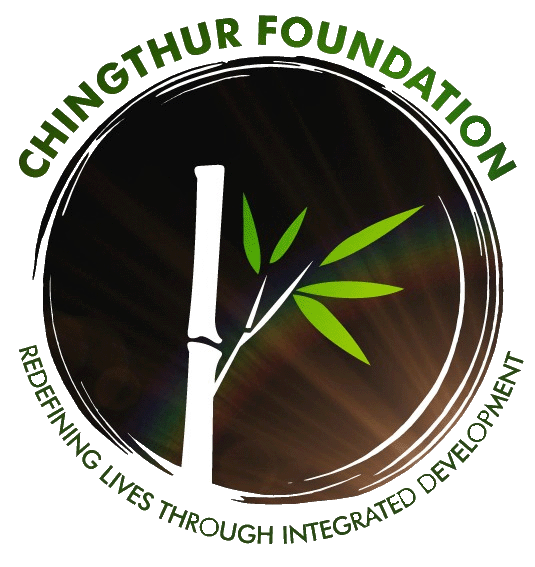ABOUT US
OUR MISSION
The Chingthur Foundation is dedicated to empowering individuals and communities by promoting sustainable living and poverty alleviation. We achieve this through holistic capacity building, organic farming, and environmental stewardship. Our goal is to establish a just and viable society through collaborative efforts.
OUR VISION
We envision a future where sustainability is the norm and justice, love, peace, and communal harmony prevail. At the Chingthur Foundation, we dream of a world where everyone thrives free from socio-economic struggles, within a society that values fairness and sustainability.
OUR STORY
Founded on November 27, 2019, under the Society Act of 1860, the Chingthur Foundation is committed to uplifting communities through sustainable development. Our origins are rooted in a legacy of compassion and advocacy inherited from our founders’ parents, who devoted their lives to empowering marginalized communities. They championed women’s empowerment and established small-scale industries to provide livelihoods.
As a Non-Governmental Development Organization (NGDO), the foundation is focused on raising awareness, empowering the powerless, and introducing modern technologies and skills to break the cycle of socio-economic bondage. Guided by our memorandum, we adopt a holistic, bottom-up approach to support the underprivileged, with an Advisory Board overseeing standards and accountability.

FOUNDER
Mrs. Ajin Kamei, born on November 29, 1941, was the eldest of five siblings and grew up under the guidance of her father, a village chief. Despite limited educational opportunities, she was deeply committed to social change. In 1976, after her marriage, she initiated a weaving unit in Dimapur, Nagaland, which evolved into The Rongmei Weavers’ Cooperative Society Ltd. Her efforts to empower marginalized women through sustainable livelihoods earned national recognition. Mrs. Kamei’s legacy lives on through the Chingthur Foundation, established by her children and friends to continue her mission of social upliftment and community development.
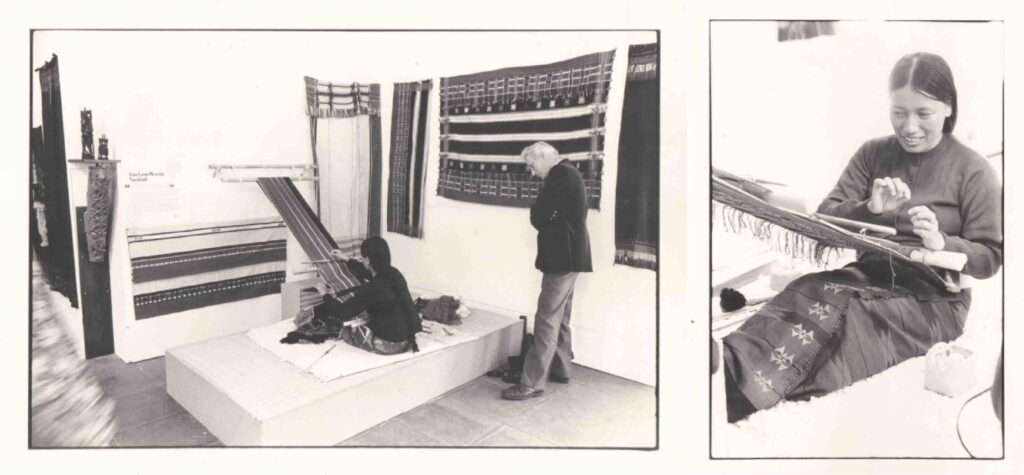
Communities Empowered
50+ Villages
Skill Development Program
100+ Workshops Conducted
Healthcare Camps
30+ Camps Held
Indigenous Plantations
10,000+ Bamboo Trees
BOARD MEMBERS
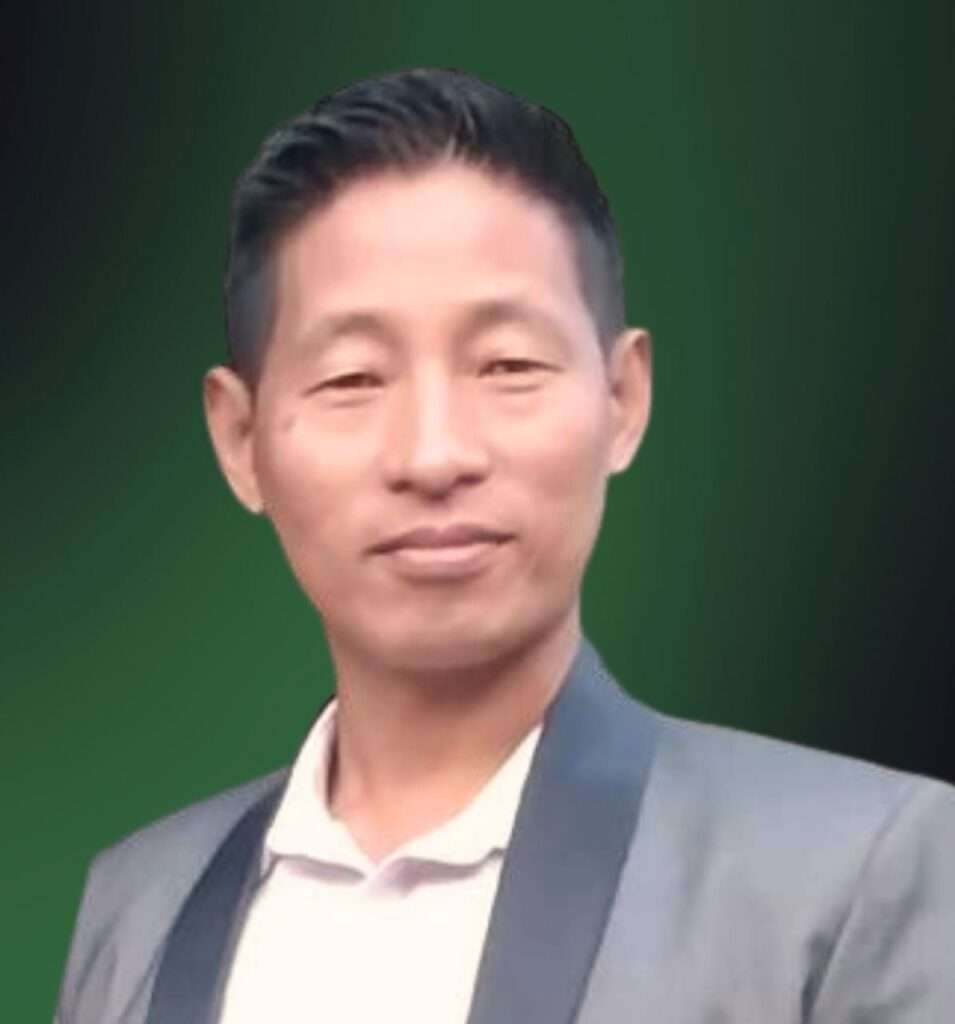
MR. PESHA KHIAMNGAN
Chairman
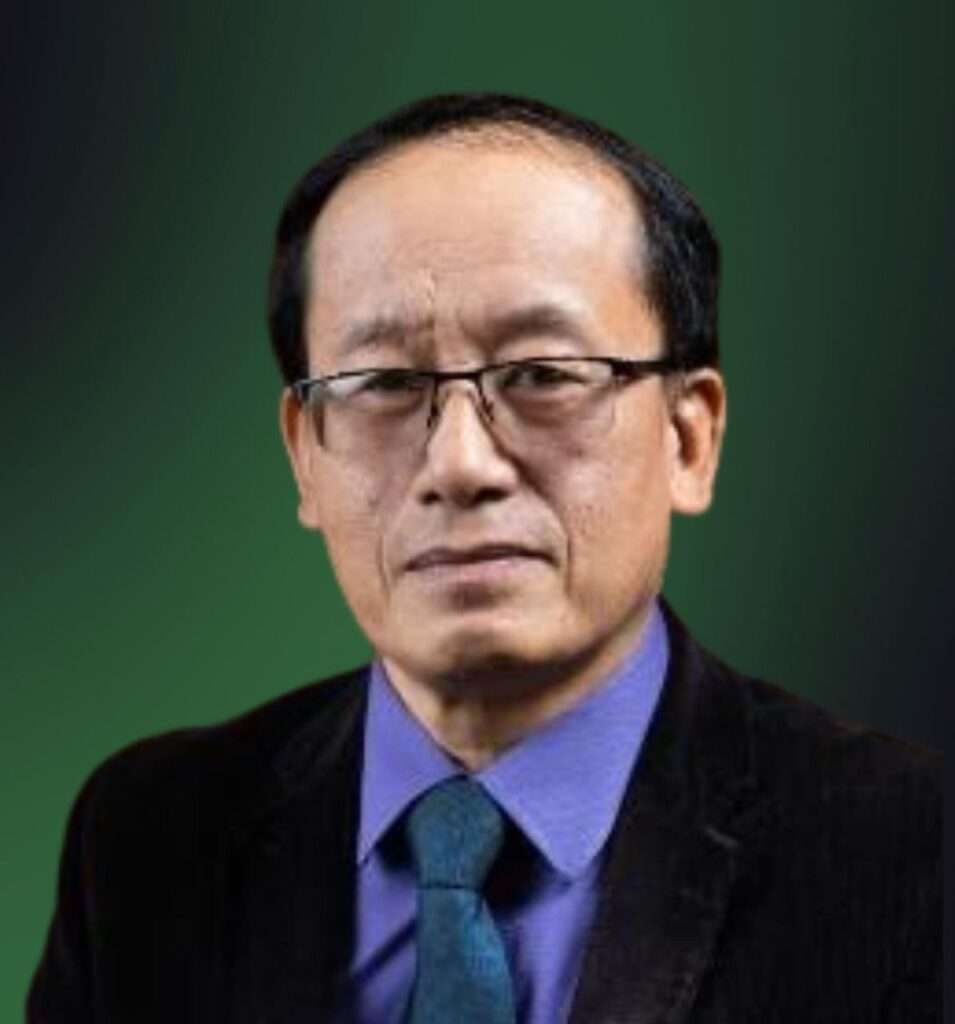
MR. DINGSHUNGNGAMANG KAMEI
Executive Director
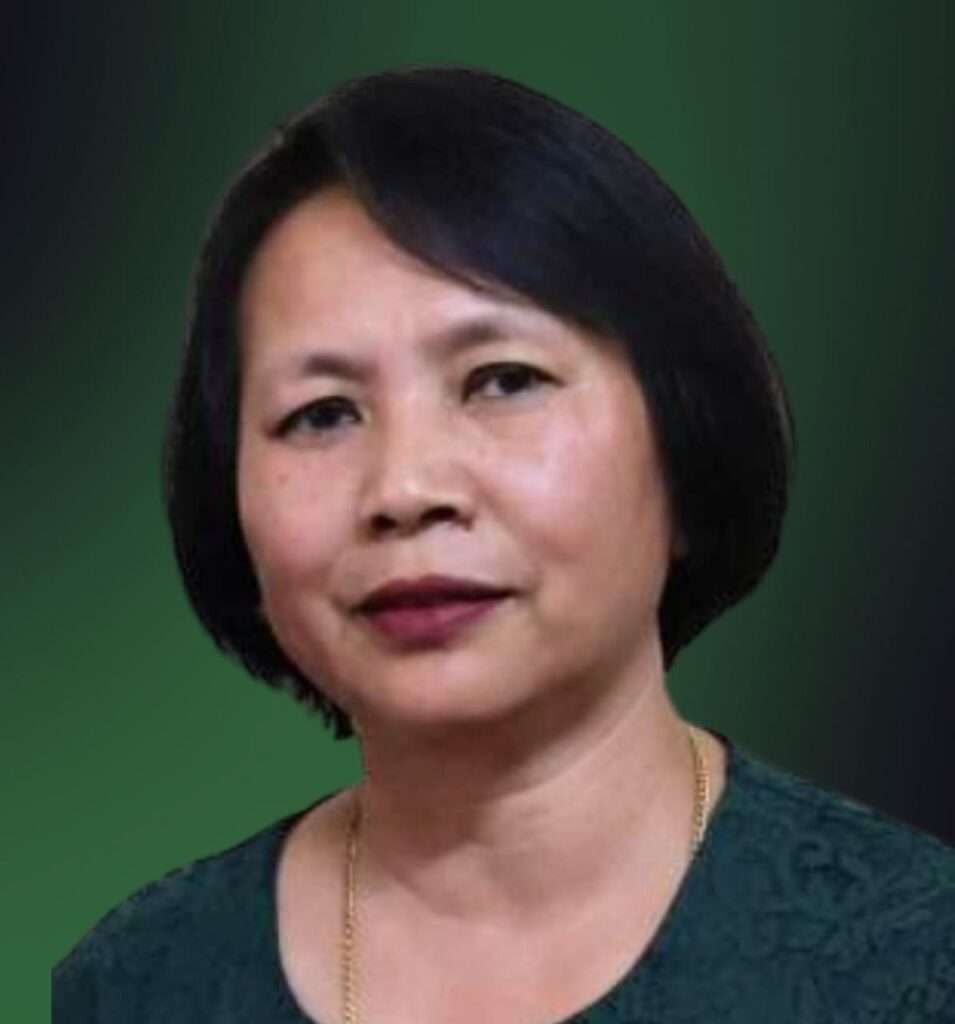
MRS. KATASINLIU REMMEI
Treasurer
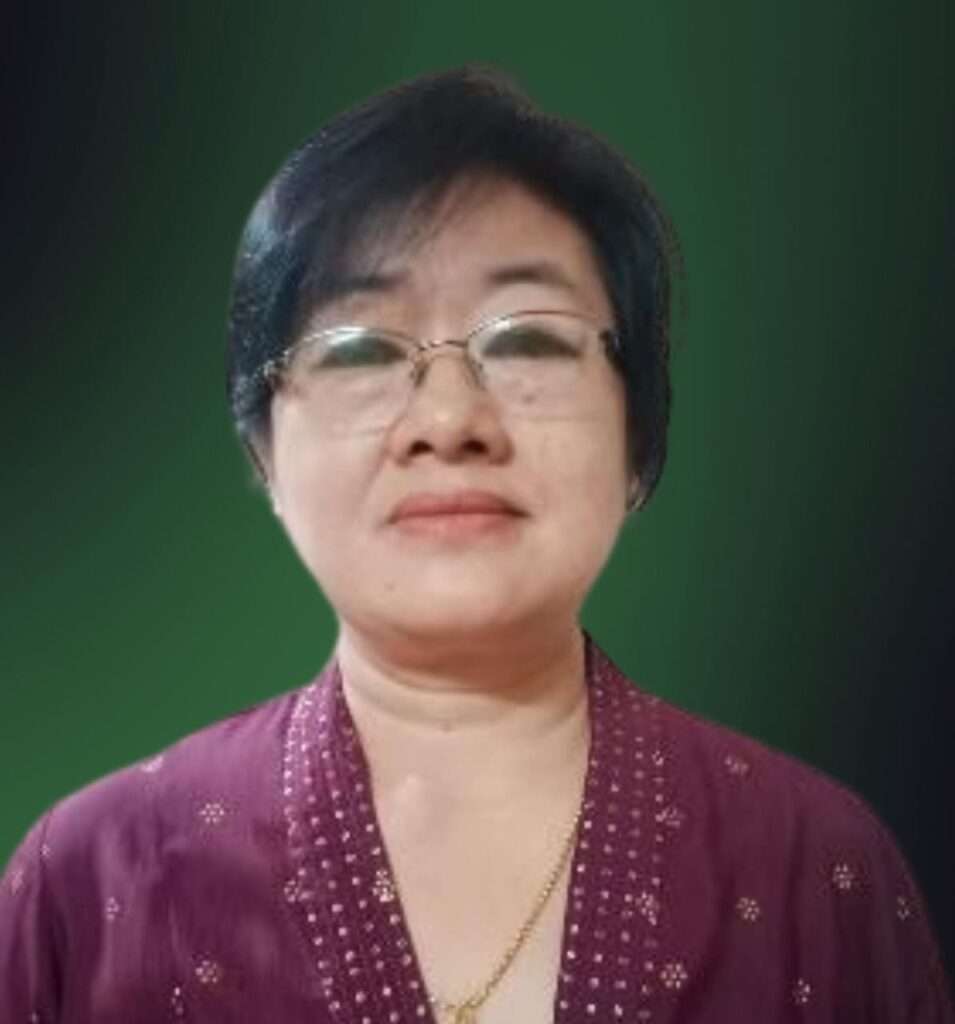
MRS. AKEINA GONMEI
Board Member
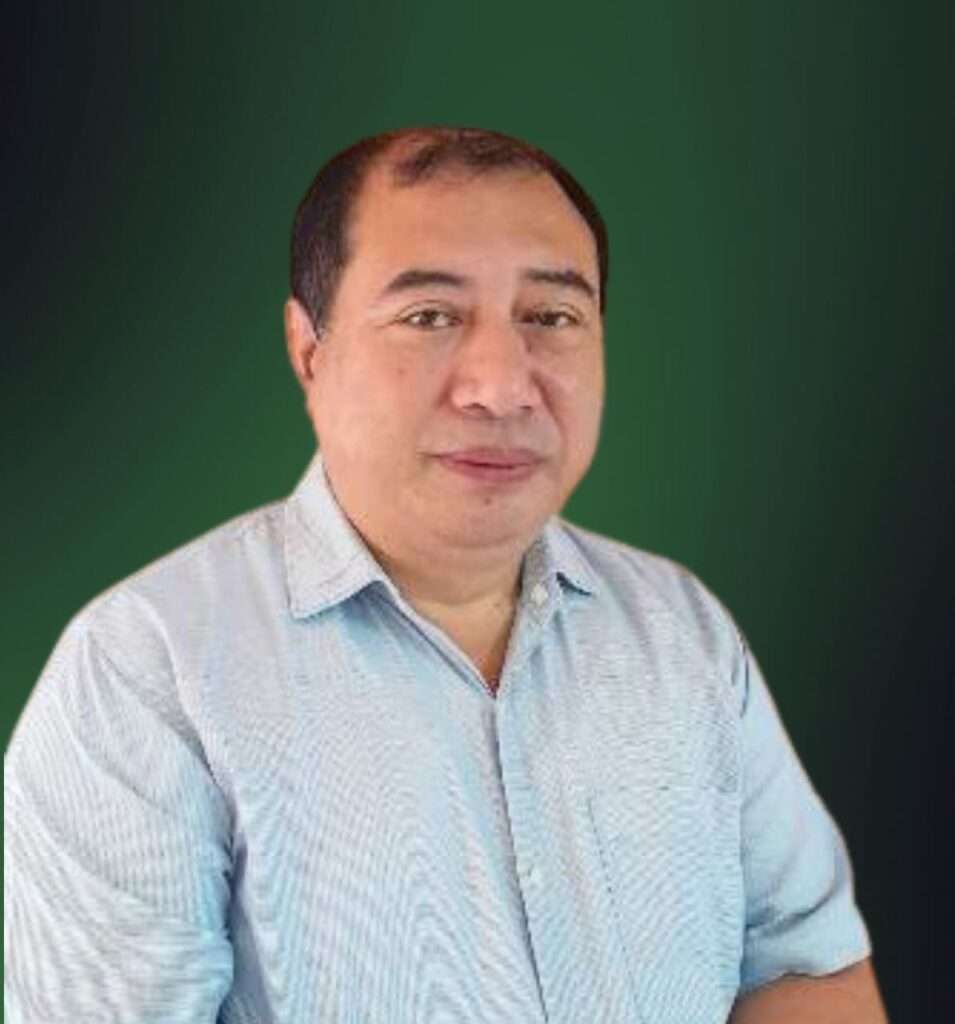
DR. NOKTANG JAMIR
Board Member
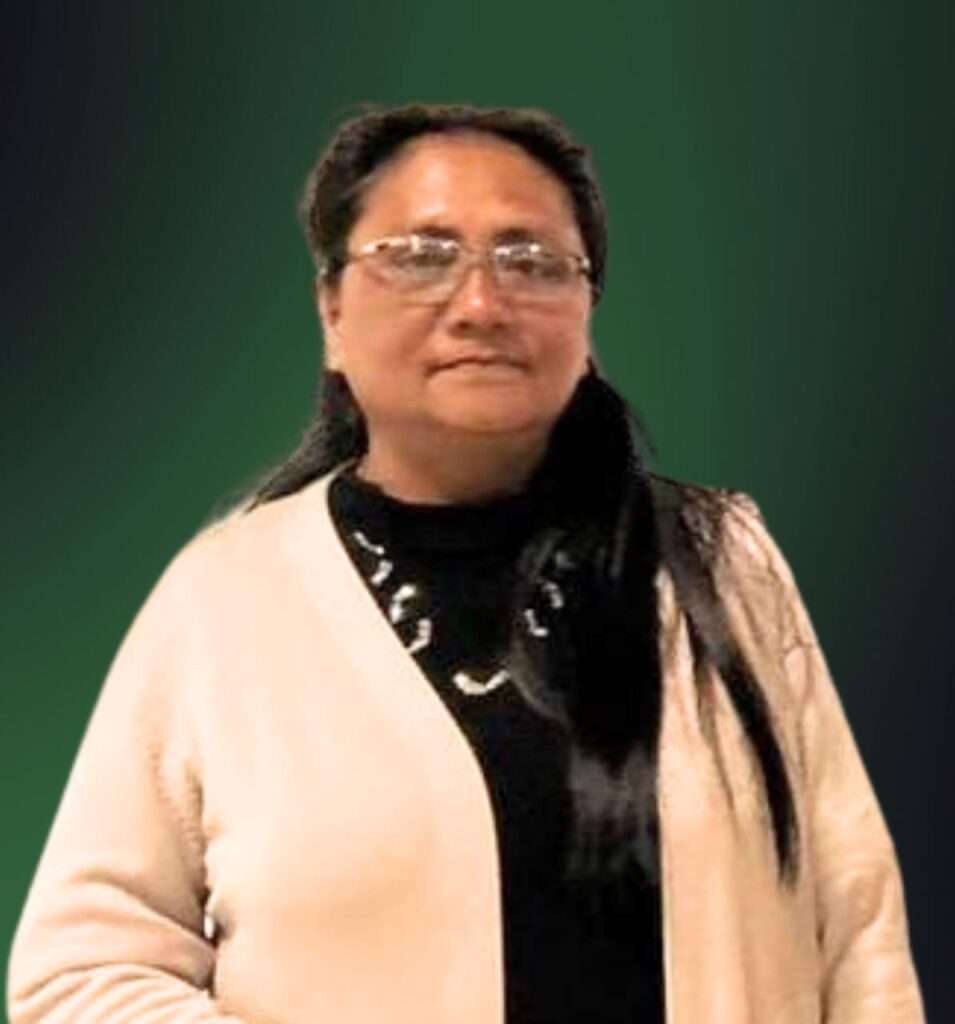
MRS. ANITA ANTHONY (MECH)
Board Member
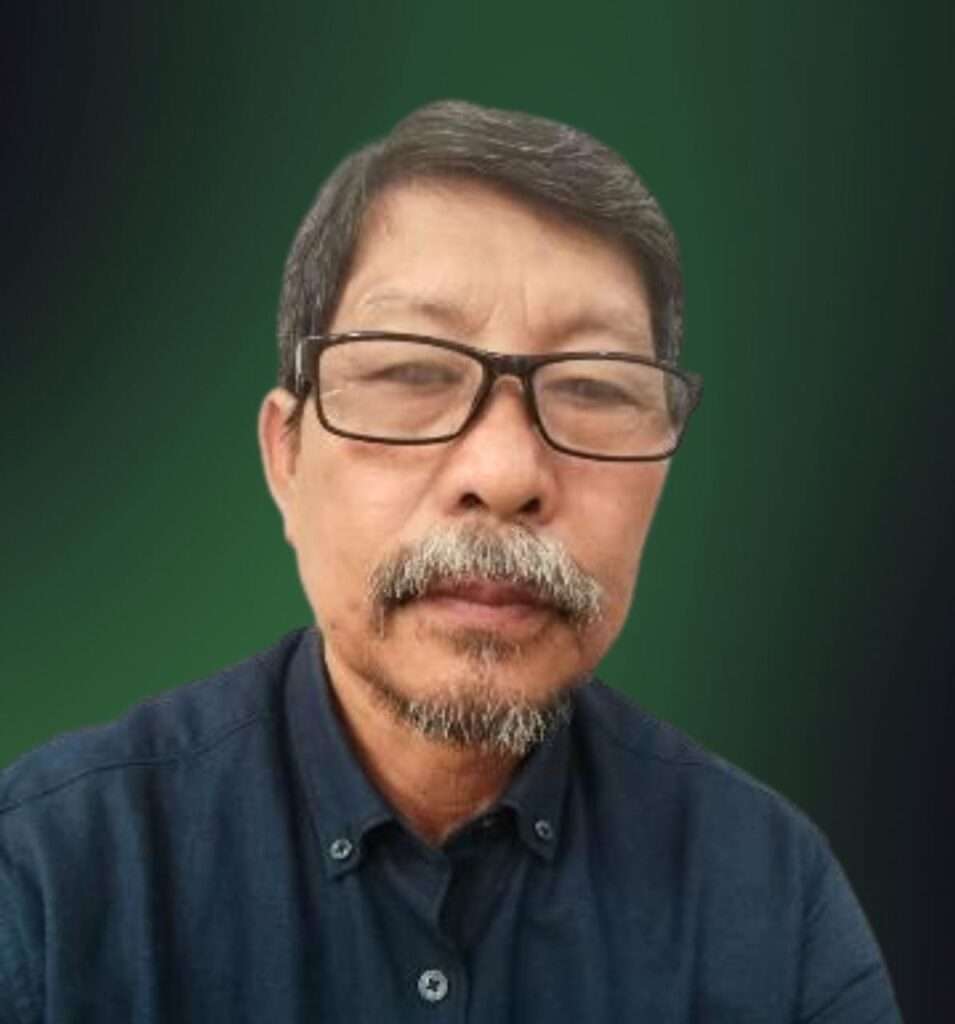
MR. KAMEI ALIN RONGMEI
Board Member
ADVISORS
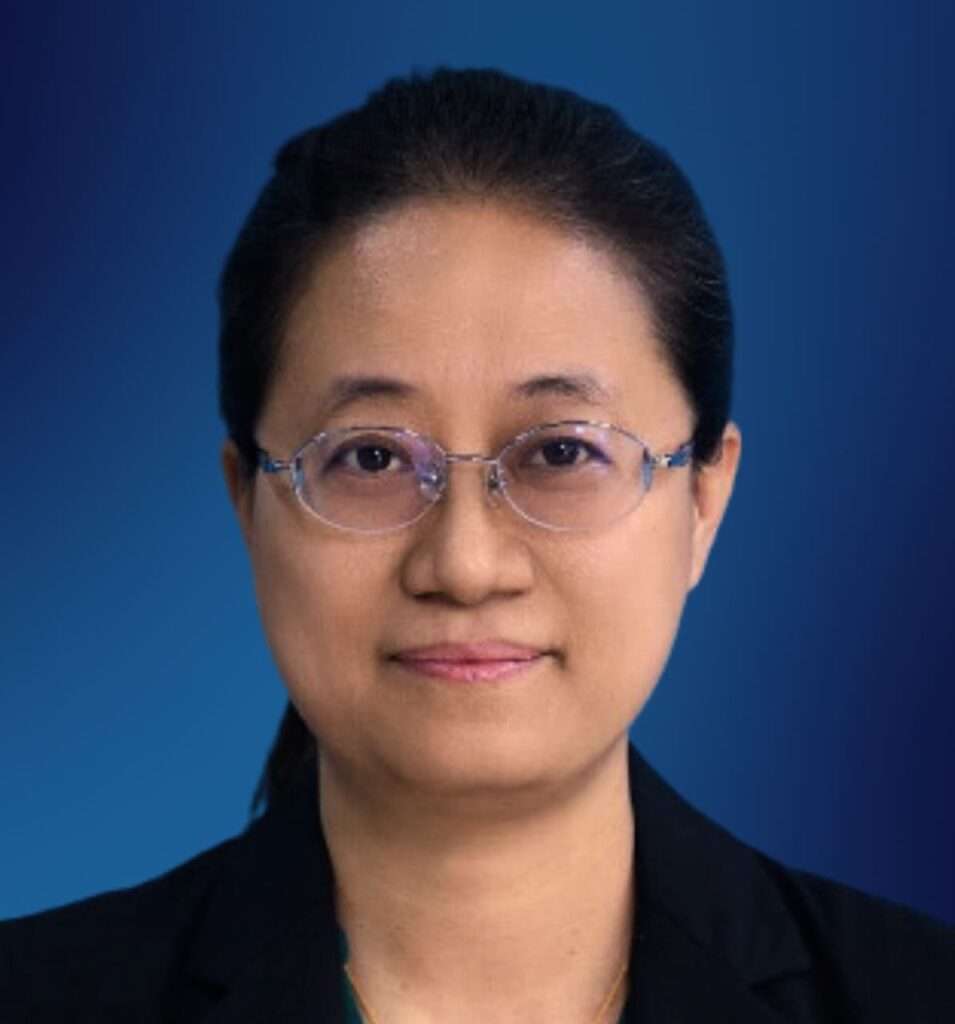
DR. DIANA HOLDEN (EdD)
Educational Concern Advisor
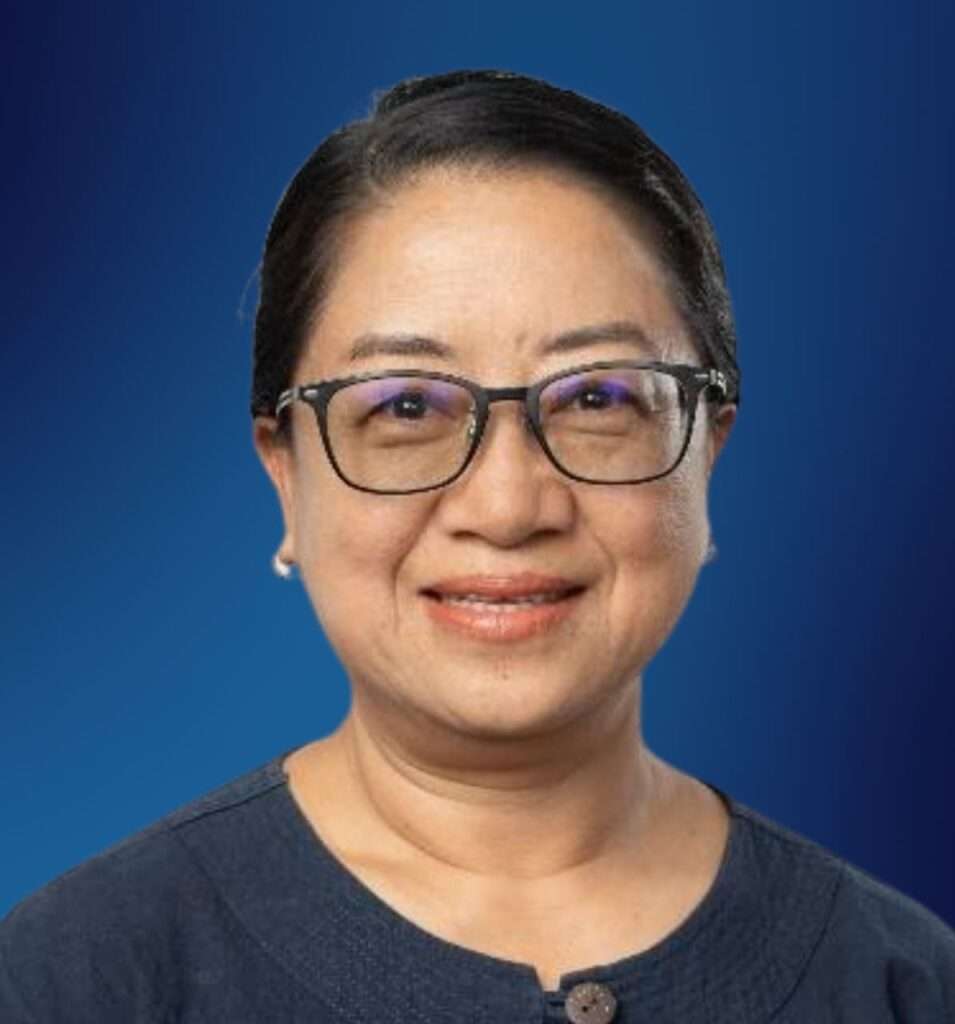
MRS. PRETICIA TONGSUK (BA/M.ED)
Organizational Concern Advisor

DR. TOBIN HOLDEN (EdD)
Educational Concern Advisor

REV. DR. NARONG TONGSUK (BSC (AGRI)/TH.D)
Integrated Development Concern Advisor
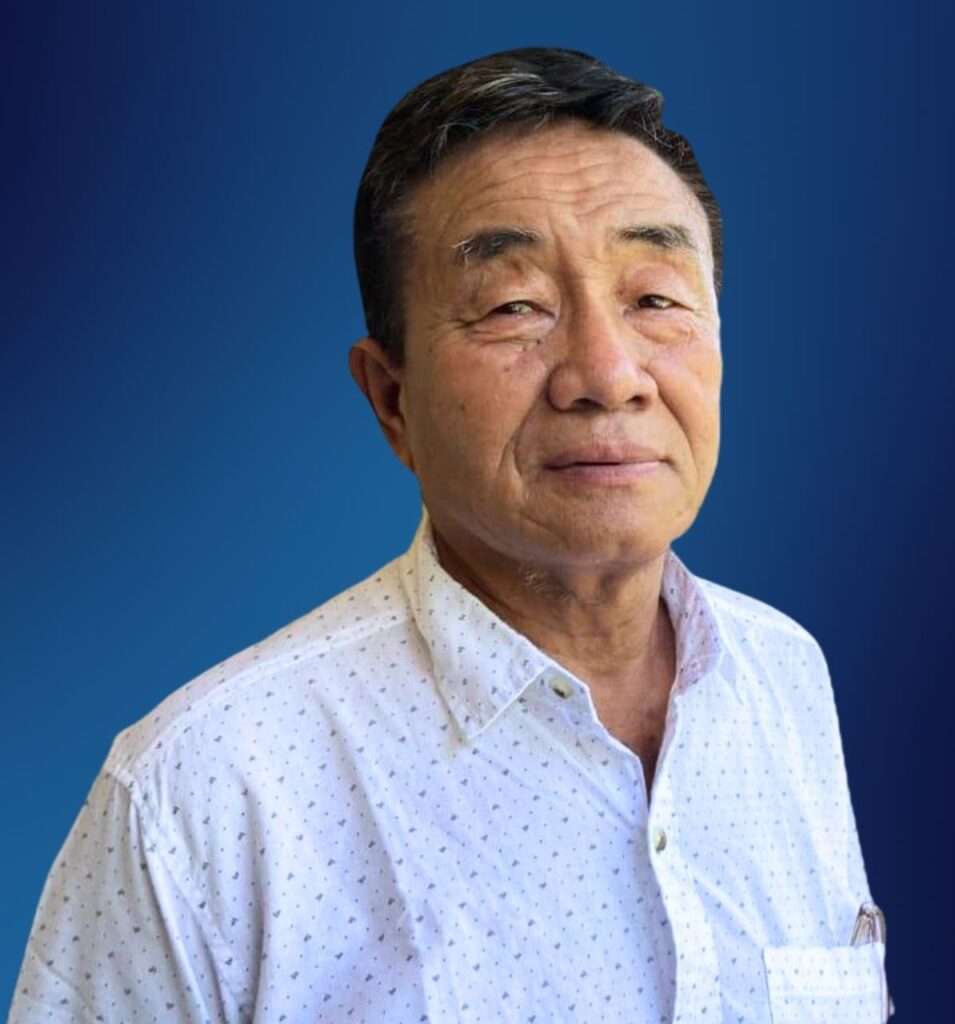
MR. KADI KAMEI (MA/M.ED)
Sustainable Livelihood Advisor
PROJECT STAFF
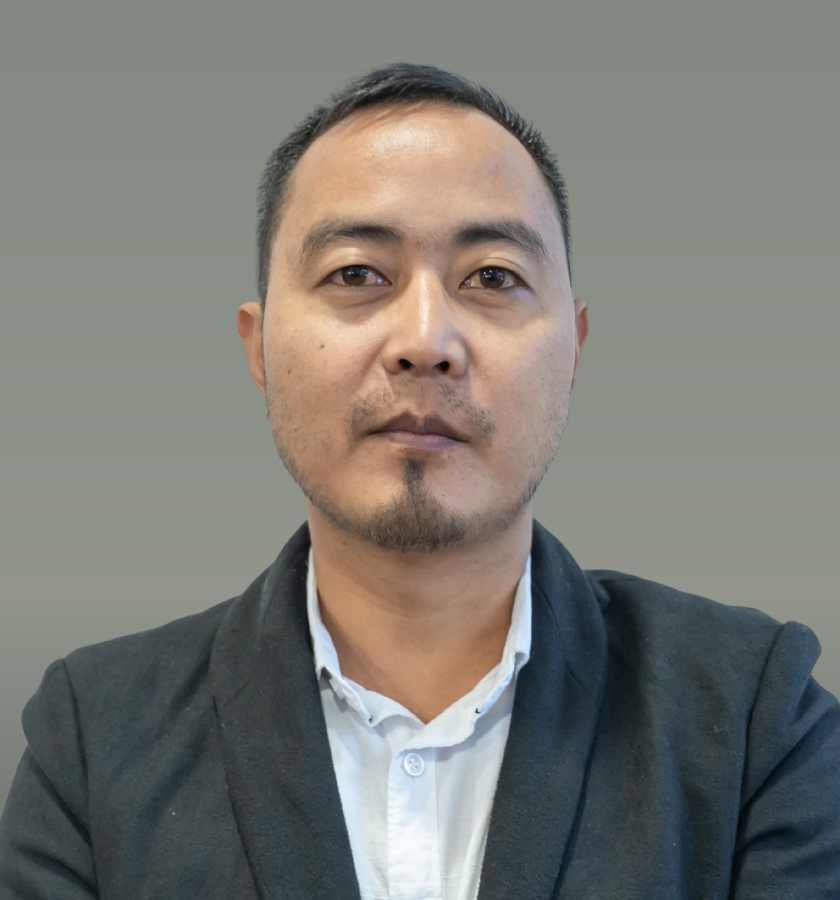
MR. P. MUSHIU KHIAMNIUNGAN
Project Coordinator
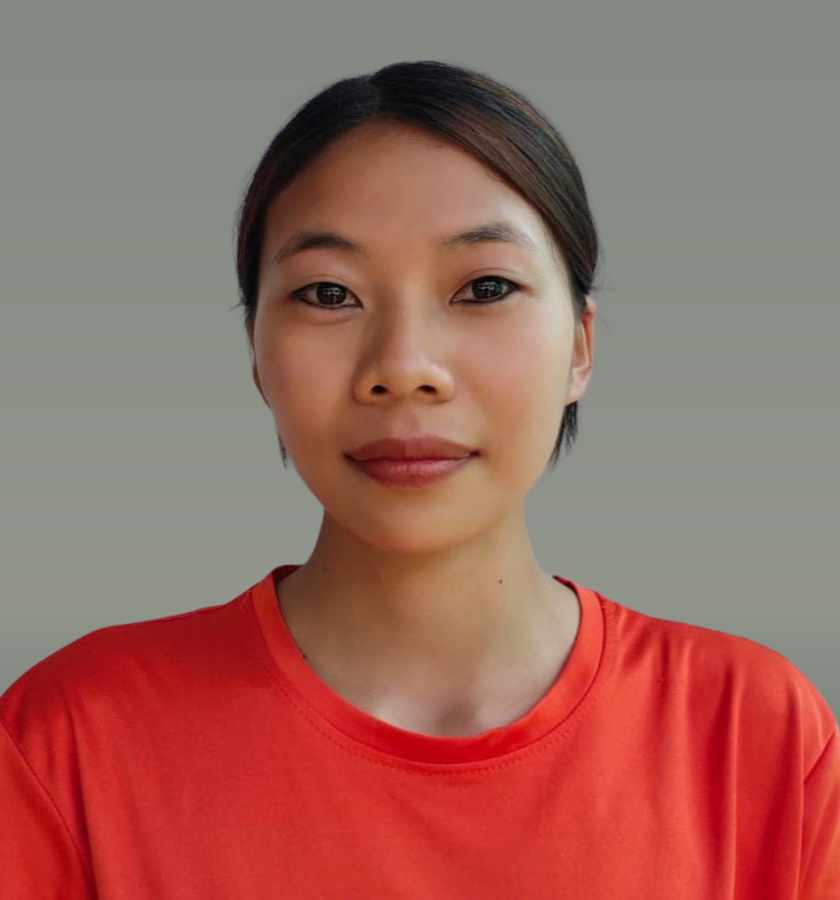
MS. MUTHIAM K.
Field Coordinator
AGROFORESTRY TRAINING CENTER STAFF
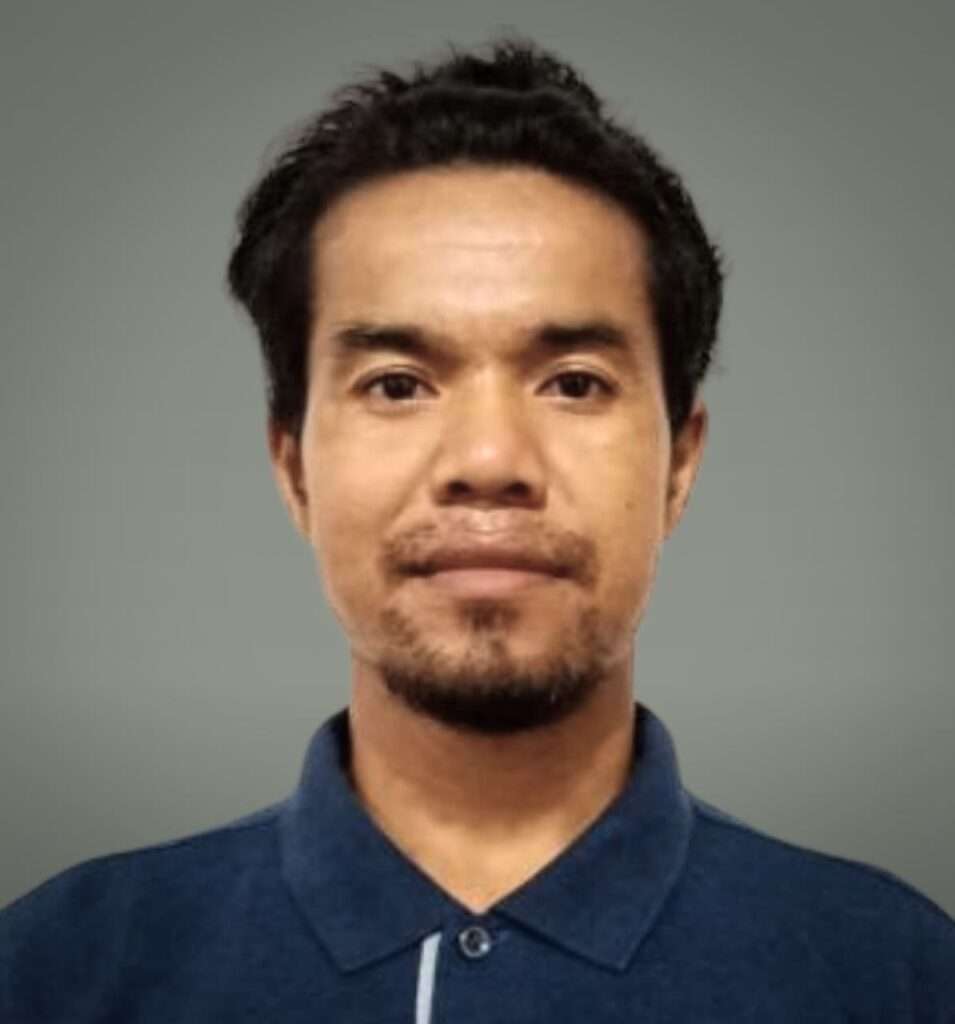
MR. LUNGAITHUI MALANGMEI
Project Manager
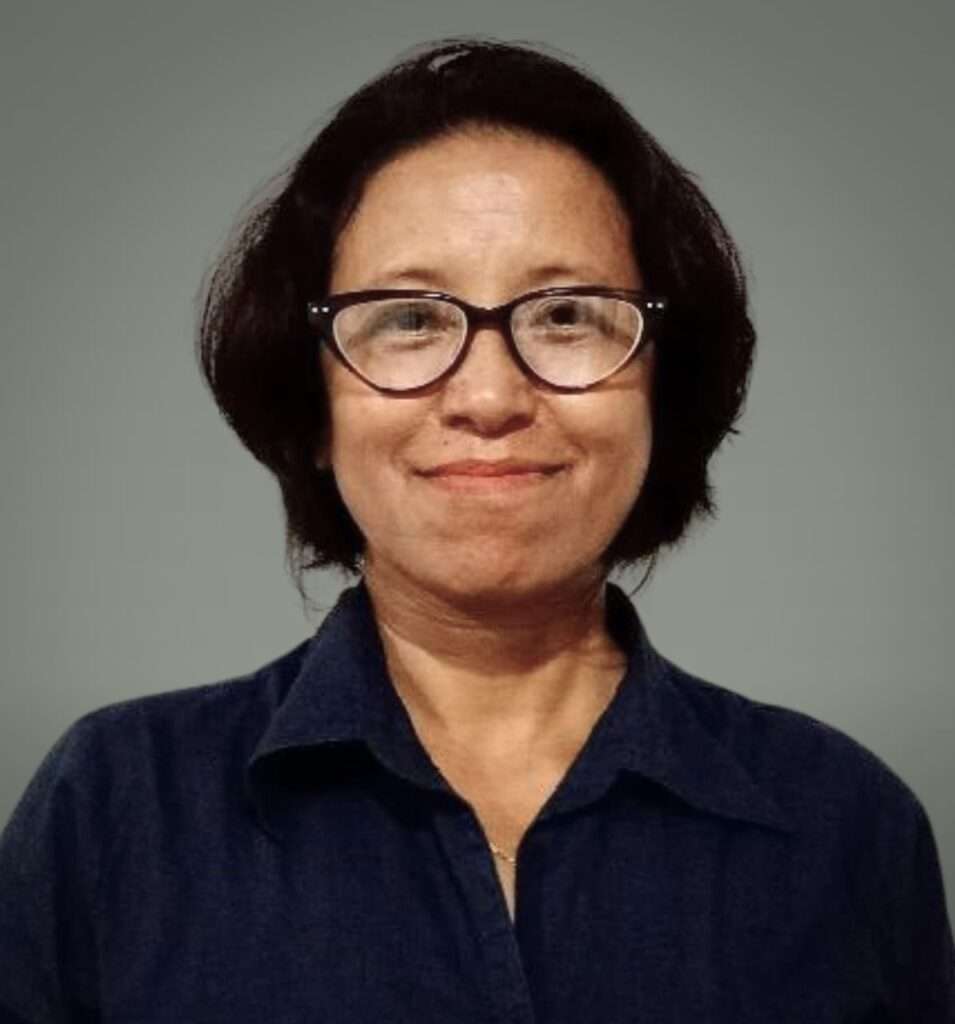
MRS. RAGAKMEI MALANGMEI
Hospitality And Tailoring
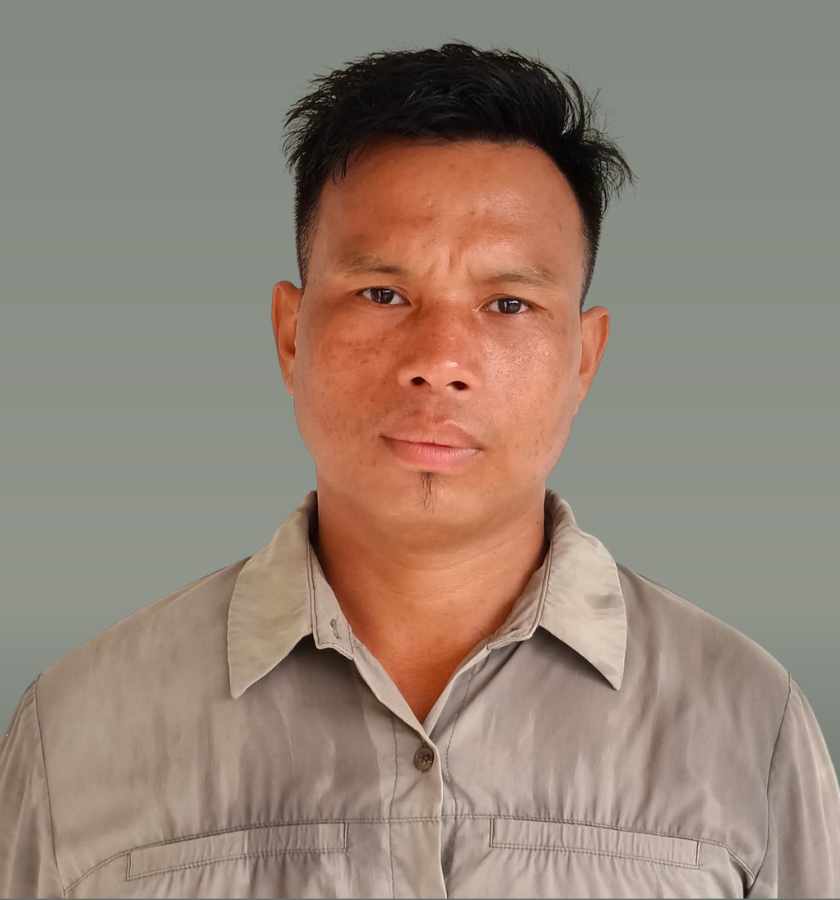
MR. GAIKUHIAM
Farmhand
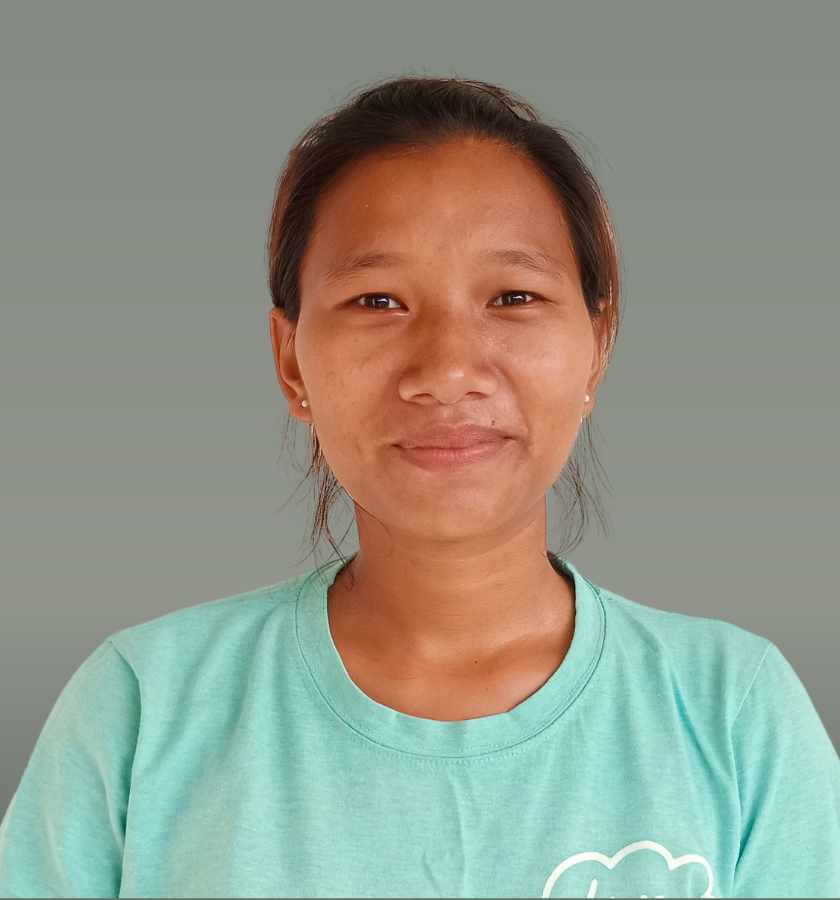
MRS. KALANSUILIU
Staff
PARTNERSHIPS







